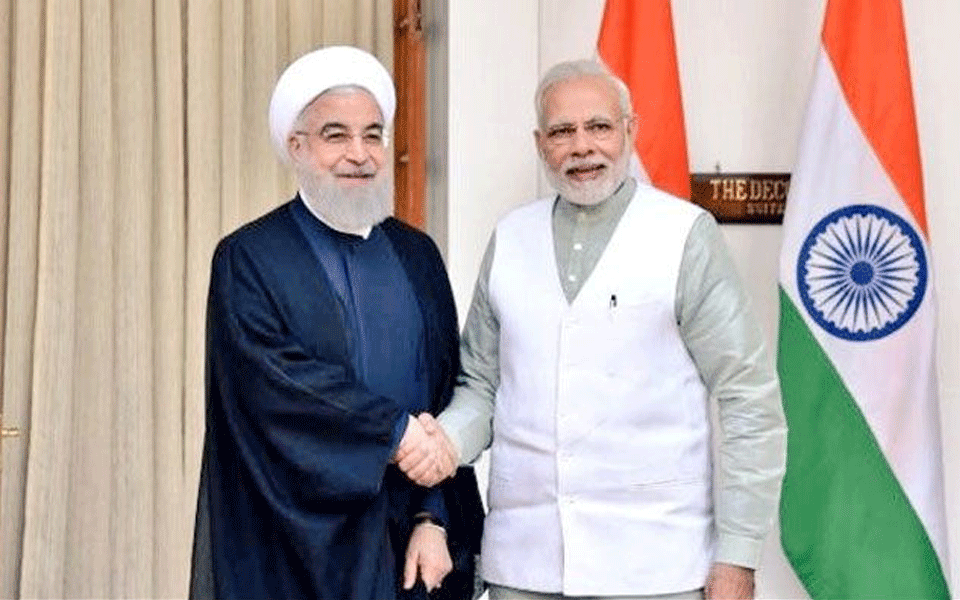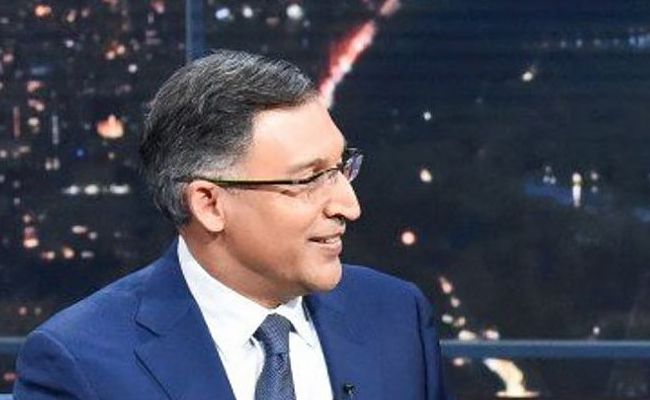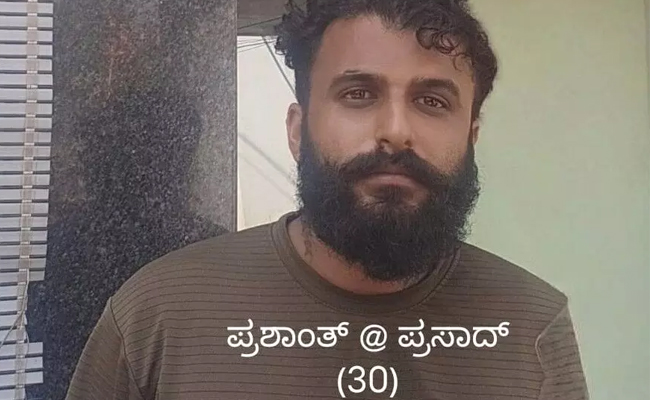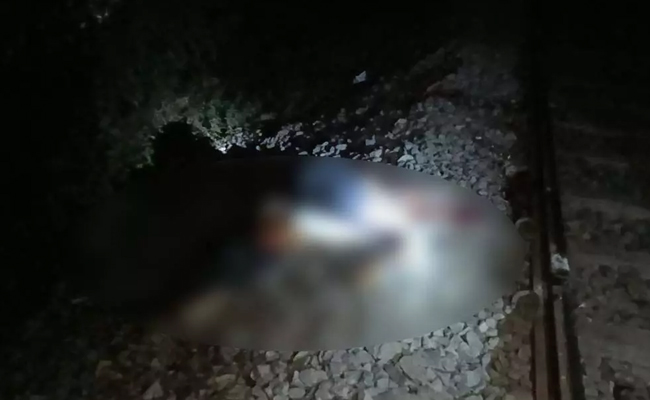New Delhi: Iran's President Hassan Rouhani was greeted at the Rashtrapati Bhavan by Prime Minister Narendra Modi and Ram Nath Kovind today on the last of his three-day visit of the country. PM Modi said India-Iran ties have strengthened under Mr Rouhani's leadership. "We want to increase connectivity and trade. We want to strengthen our strong cultural ties. Landlocked Afghanistan has got a golden gateway in Chabahar... We will support the rail link," PM Modi said. India and Iran also signed nine agreements, including on easing visa rules and cooperation on medical sector, apart from a maritime agreement on Chabahar Port development. Mr Rouhani's visit comes a month after Israel's Prime Minister Benjamin Netanyahu was here, indicating India's delicate balancing act.
Here's your 10-point guide to this story:
PM Modi and Mr Rouhani held "substantive and productive discussion on cooperation in trade and investment, energy, connectivity, defence, security and regional issues," External Affairs Ministry spokesperson Raveesh Kumar tweeted, adding the meeting was on the theme of "civilizational connect, contemporary context". Foreign Minister Sushma Swaraj also called on Mr Rouhani.
India and Iran have been hoping to iron out several issues, particularly the progress on the deepwater Chabahar Port that Iran feels has got stuck due to the US pressure on other countries and the latest set of sanctions against Iran.
India is already routing a consignment of 1.1 million tonnes of wheat to Afghanistan through Chabahar port. The $85 million port project, just 90 km from the China-sponsored Gwadar port in Pakistan, is significant as it gives a transit route between India, Iran and Afghanistan bypassing Pakistan.
Oil and gas cooperation were the other issues on the table. India imports oil and gas from Iran, but negotiations have been pending on Farzad-B gas and oil fields in south Iran, which India has expressed interest in.
"Iran has abundant oil and natural gas resources and is willing to share them with India for its progress and prosperity of (its) people," Mr Rouhani said in Hyderabad. A 21-member delegation of ministers and businessmen from Iran is accompanying him and they are looking to seal a number of deals.
A major geopolitical decision is Indians can invest in Iranian infrastructure and connectivity projects in rupees, making Iran the only country apart from Bhutan and Nepal to get this privilege. This helps Iran bypass sanctions and boost ties with India.
Iran has said it will simplify visa norms for Indians so that people to people ties could improve. Mr Rouhani said he hopes India will do the same for the people of his country.
The Iranian President's first stop was Hyderabad where he visited the Salar Jung Museum, Golconda Fort and Qutb Shahi Tomb. This was his second visit to Hyderabad and the first after becoming Iran's President in 2013. Mr Rouhani, who is a Shia, visited the Sunni mosque Mecca Masjid and called for unity among Muslims. He joined people in offering prayers at the 17th century mosque.
The Iranian President condemned the travel ban imposed by US President Donald Trump on some countries by branding Muslims as terrorists, news agency PTI reported. He said Islam is based on kindness and affection.
The US has said it would not come in the way of India-Iran trade matters. In October 2017, US Secretary of State Rex Tillerson in a visit to India had said the Trump administration saw "no contradiction" with US-Iran sanctions and India's port project in Chabahar.
Let the Truth be known. If you read VB and like VB, please be a VB Supporter and Help us deliver the Truth to one and all.
Udupi: Udupi City Police have arrested two persons, including a woman, in connection with the alleged misappropriation of property tax funds belonging to the Udupi Municipal Council.
The accused have been identified as Shalini, who was working as a tax consultant outside the municipal office, and Ganesh, a bank employee.
According to police, Anand Suvarna had paid Rs 34,730 towards 12 years of property tax for his building in Kalmadi to Shalini on October 16, 2025. She reportedly issued him a receipt acknowledging the payment.
However, when Suvarna recently checked the status of the payment on the property tax portal, he found that the amount had not been credited and was still shown as pending. He then brought the matter to the notice of the Municipal Commissioner, who verified that the payment had not been recorded.
During questioning, Shalini allegedly admitted to the lapse. On February 16, 2026, she generated a new challan in Suvarna’s name and paid Rs 35,213 towards the dues.
Police said a case has been registered at the Udupi City Police Station against the accused for allegedly misappropriating tax money and defrauding the government by affixing the seal of Union Bank on the challan without remitting the amount initially received from the taxpayer.
Further investigation is under way.





